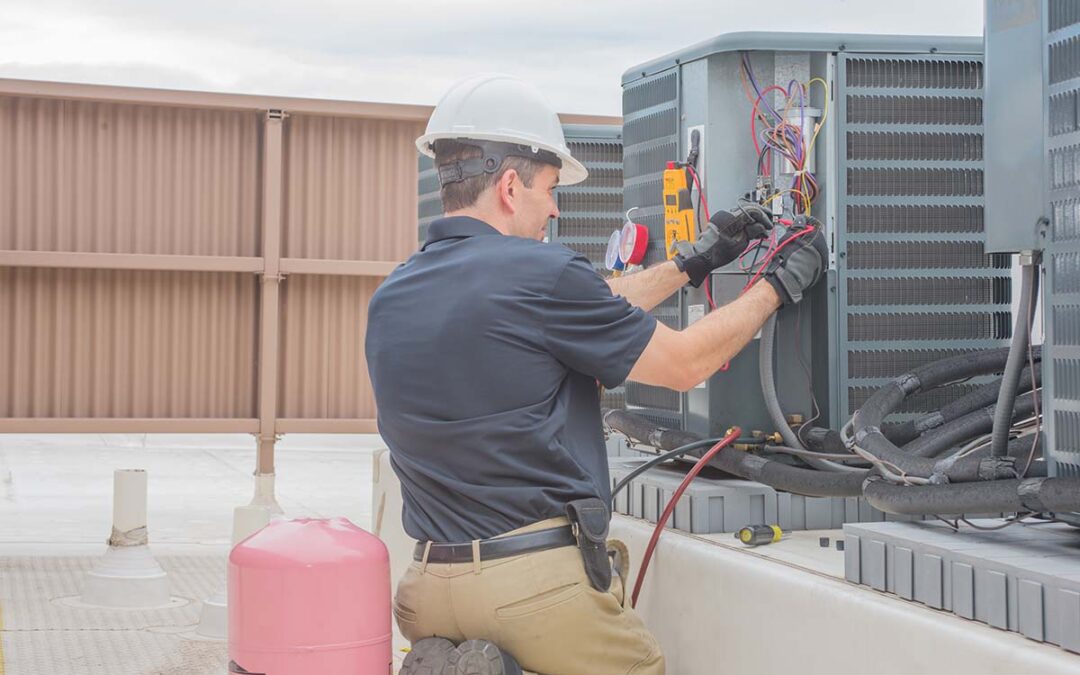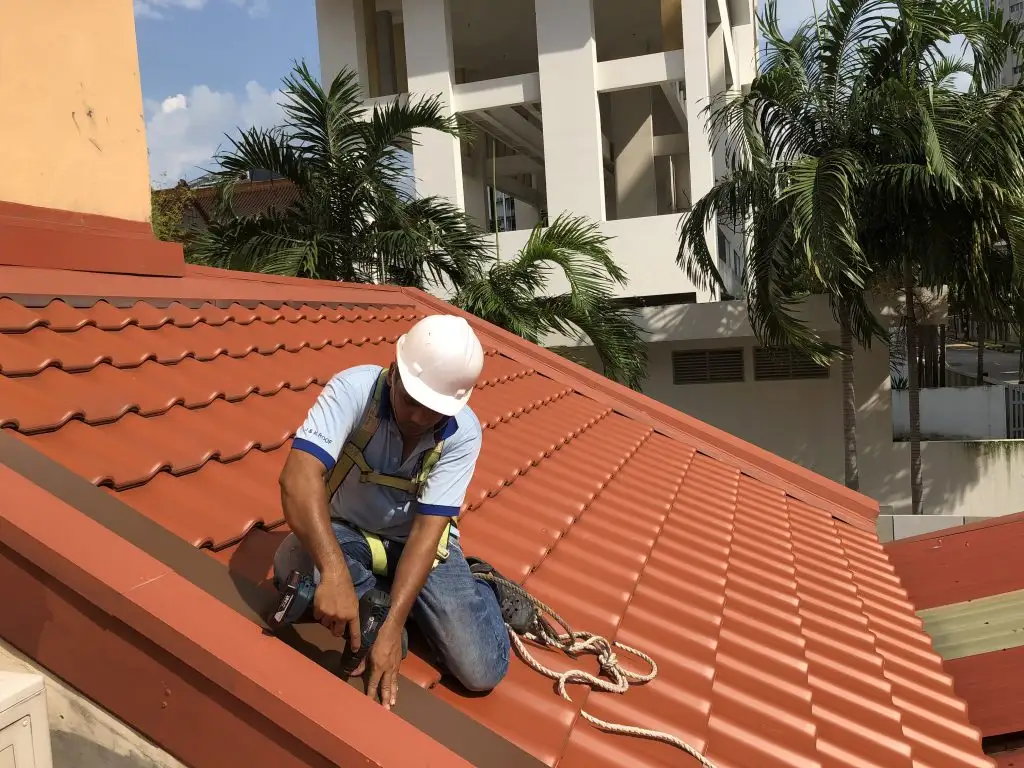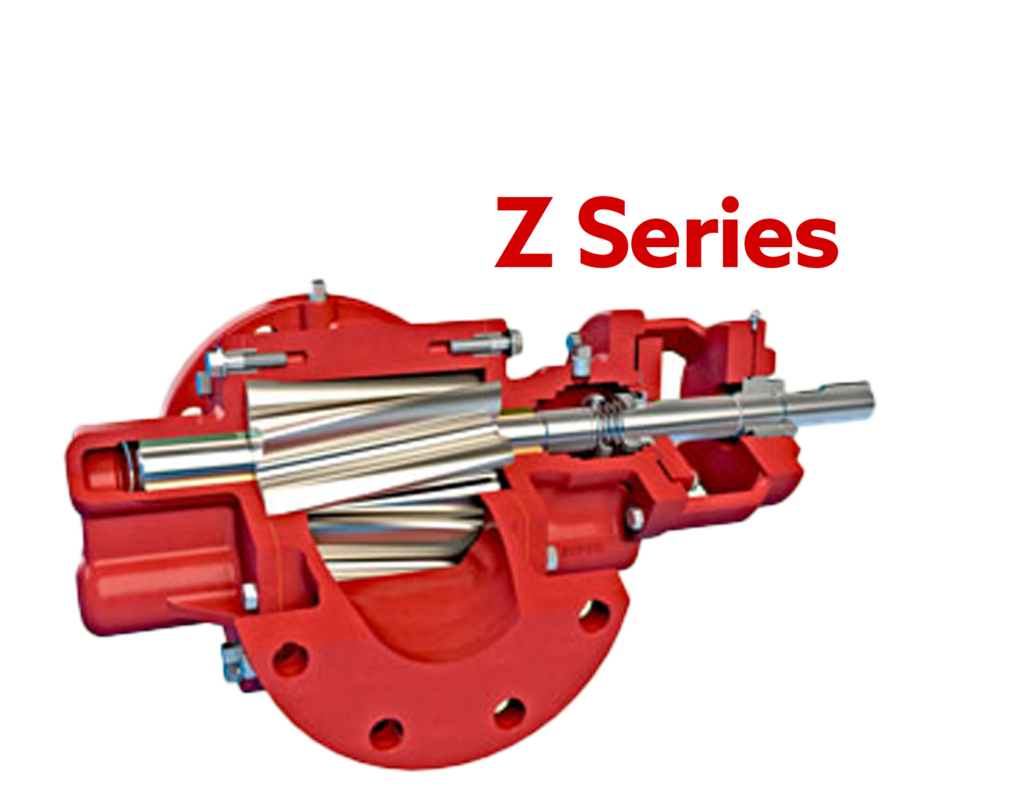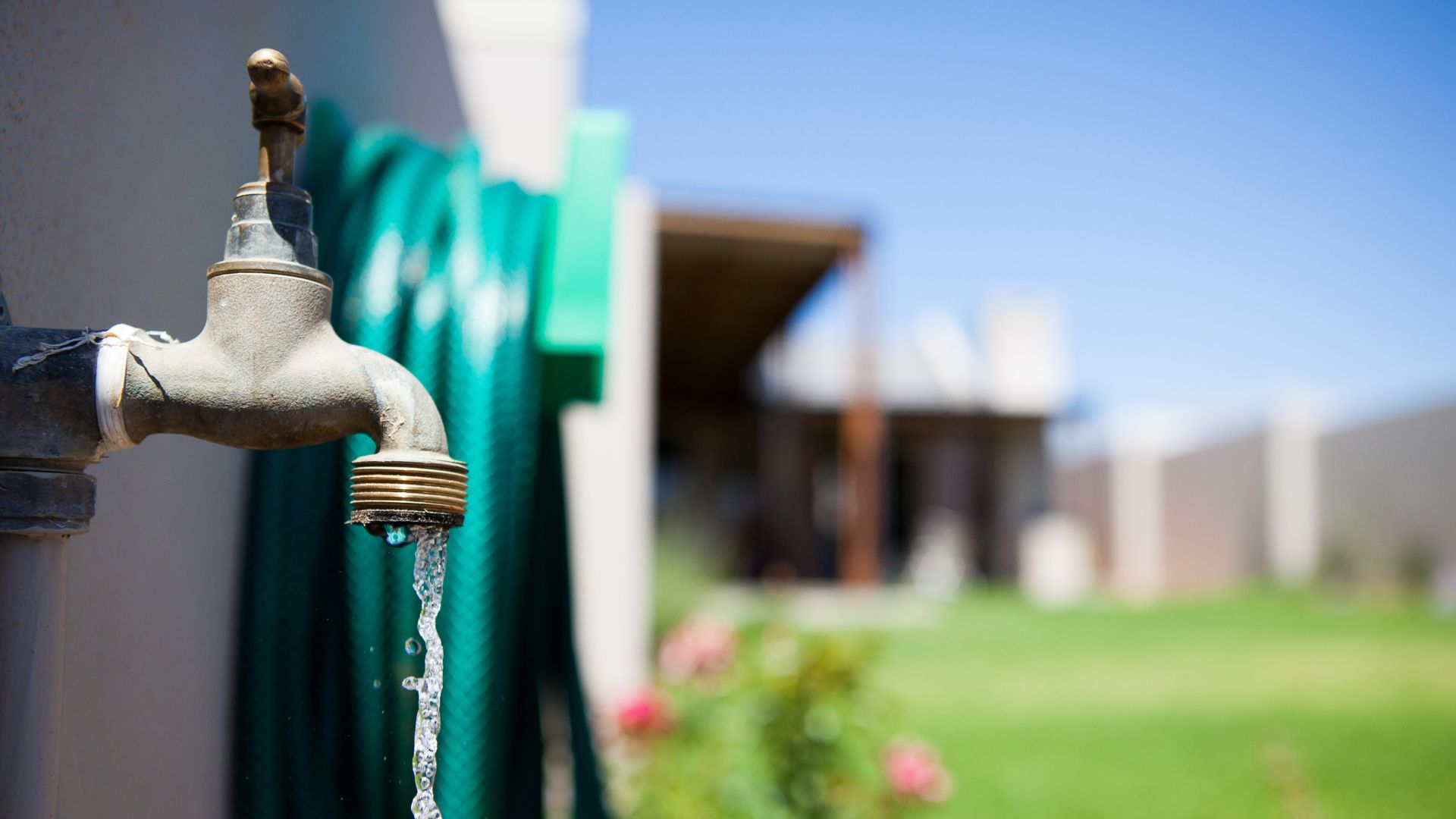Signs That You Need HVAC Repair

If your HVAC is making strange noises, it is time to call for HVAC repair. These sounds are usually caused by a component that needs cleaning or adjustment. Fortunately, these sounds are often early warning signs of a failing component and can be addressed to save you time and money. However, you need to pay attention to these sounds and wait until they get worse to save money.
Table of Contents
Loud Noises
If you notice loud banging sounds coming from your HVAC system, you should contact a professional for HVAC repair in Albuquerque. These sounds can be a sign of a faulty motor or blower assembly. If the banging noise is very loud, it could mean that a component is either loose or disconnected or even completely broken. Rattling noises could also indicate an out-of-balance motor or a misaligned blower. You need to call a professional HVAC technician to inspect and repair your HVAC system.
If your HVAC system makes loud noises while running, it may signify a failed ignition. When an HVAC system fails to start properly, a malfunctioning ignition can cause the gas to build up in the system’s combustion channel. If this happens, the gas will ignite and cause the loud noise you hear. If you ignore this problem, the problem can escalate, crippling your HVAC system.
Loud noises coming from your HVAC system can be hard to diagnose. You should call a professional for an inspection if it’s loud and humming. Loose parts or clogged coil fins can cause some loud noises. A qualified HVAC technician can identify the problem parts and recommend repair or replacement. In addition, the sound can be caused by loose wiring. If the wiring is not handled properly, it could cause an electrical fire, so getting it checked out as soon as possible is important.
Weak Airflow
If you notice weak airflow, it’s time to call an HVAC repair service. Several causes of this problem include dirty filters, a broken motor, dirty vents, and clogged ductwork. In addition, it could also be a sign that a compressor has failed. Whatever the cause, a thorough inspection is required to determine the cause. This problem can lead to higher energy costs and an uncomfortable living environment.
First, check the thermostat calibration. If you notice a difference of more than one degree, it’s time to call an HVAC repair company. Additionally, check the size of the ductwork. Too big a ductwork will not maintain proper air pressure, preventing cool/hot air from reaching its destination. Likewise, smaller ductwork will limit the airflow and distribute it unevenly throughout the house.
Another common problem is a faulty blower motor. If your blower motor isn’t working properly, it may need to be repaired as soon as possible. It can also lead to reduced air flow through your registers. You can tell that the blower is struggling if the airflow is weaker at vents located near the furnace than in higher areas.
Mold Growth
One of the most common signs of a problem with your HVAC system is mold growth. This fungus commonly grows on wood and drywall, but it can also grow on metal surfaces. If you suspect a mold problem, you should contact an expert who can inspect and treat your system. Mold growth is a health risk and can aggravate respiratory problems and allergies. It is also important to get your air ducts tested for mold before it affects your home or business.

Symptoms of a mold problem include itchy eyes, difficulty breathing, and coughing. These symptoms may be more severe in air-conditioned rooms. Some people also experience fatigue, nausea, vomiting, and confusion. Those who are highly sensitive to mold are advised not to use their HVAC system until it has been cleaned of any mold.
In the worst-case scenario, you may notice mold on your AC vents, condenser coils, or drip pans. Even more concerning, a clogged condenser coil creates an environment perfect for mold to grow. Fortunately, you can hire an HVAC repair professional to inspect your system to remove any mold.
High-Pressure Buildup
If your HVAC unit is making odd sounds, it’s time to call a professional for HVAC repair. The noises are typically caused by a component that needs to be adjusted, cleaned, or replaced. Early detection is essential for preventing costly repairs later on.
Another sign that your HVAC system needs repair is a squealing or rattling sound. The sound may indicate that a part has become loose or is clogged. Similarly, a clicking sound may indicate electrical problems. Finally, a high-pitched whistle sound may indicate high pressure. This is dangerous because high-pressure buildup in your system can lead to a fire hazard.
One way to determine whether or not you need HVAC repair is to run your HVAC system. This will allow you to test its effectiveness. It should handle the temperature of your home without causing an overly hot or cold spot.





